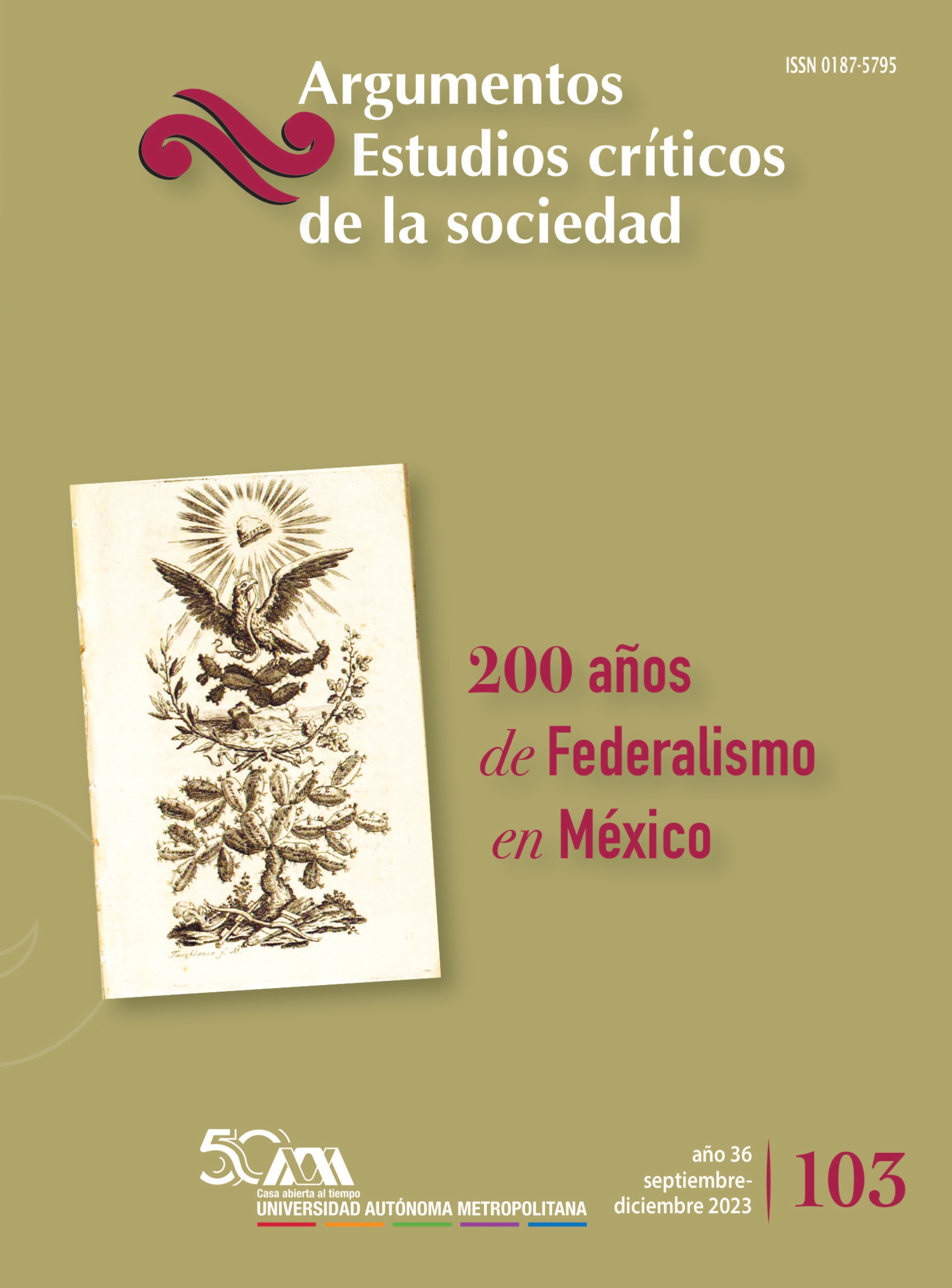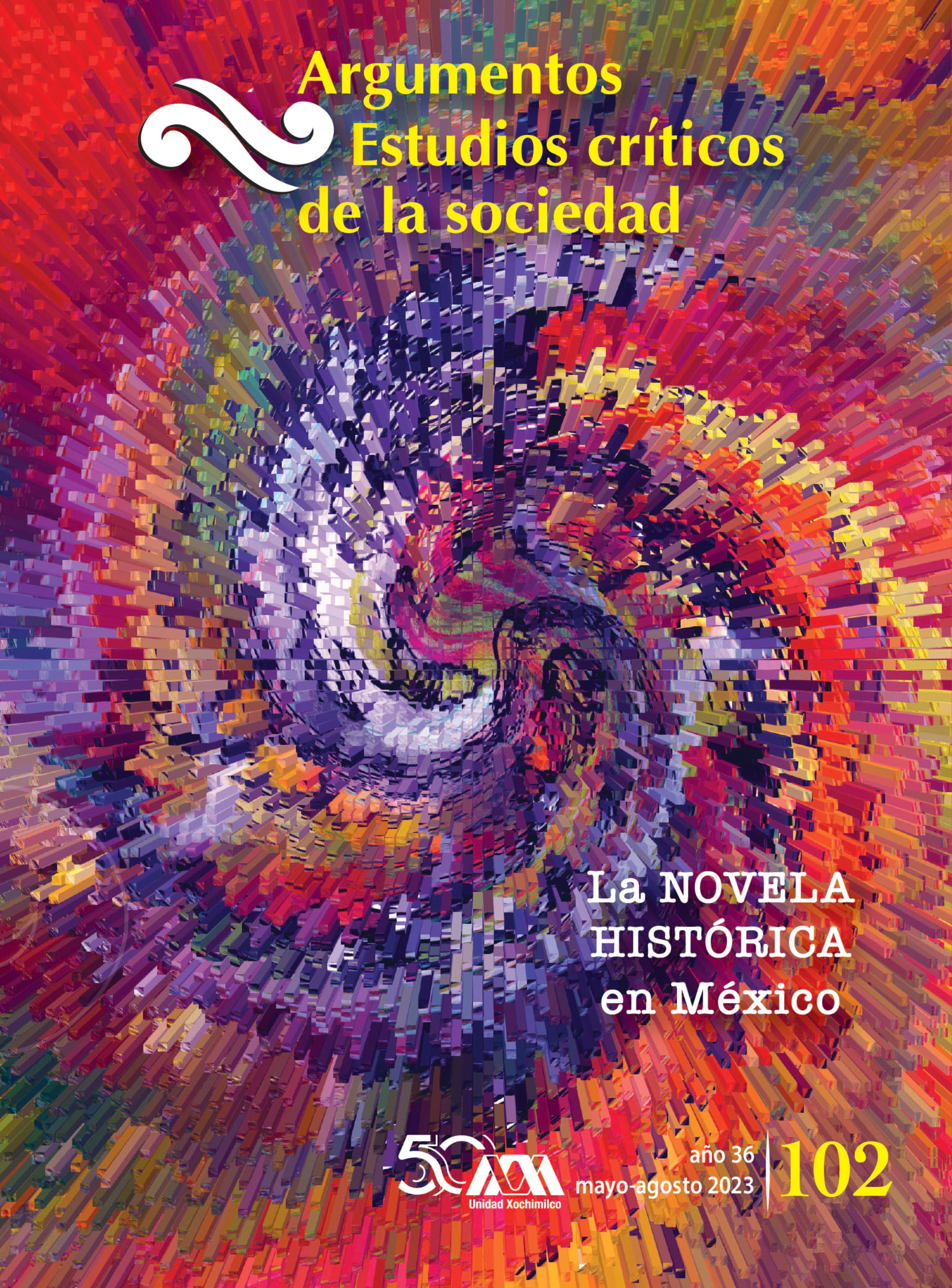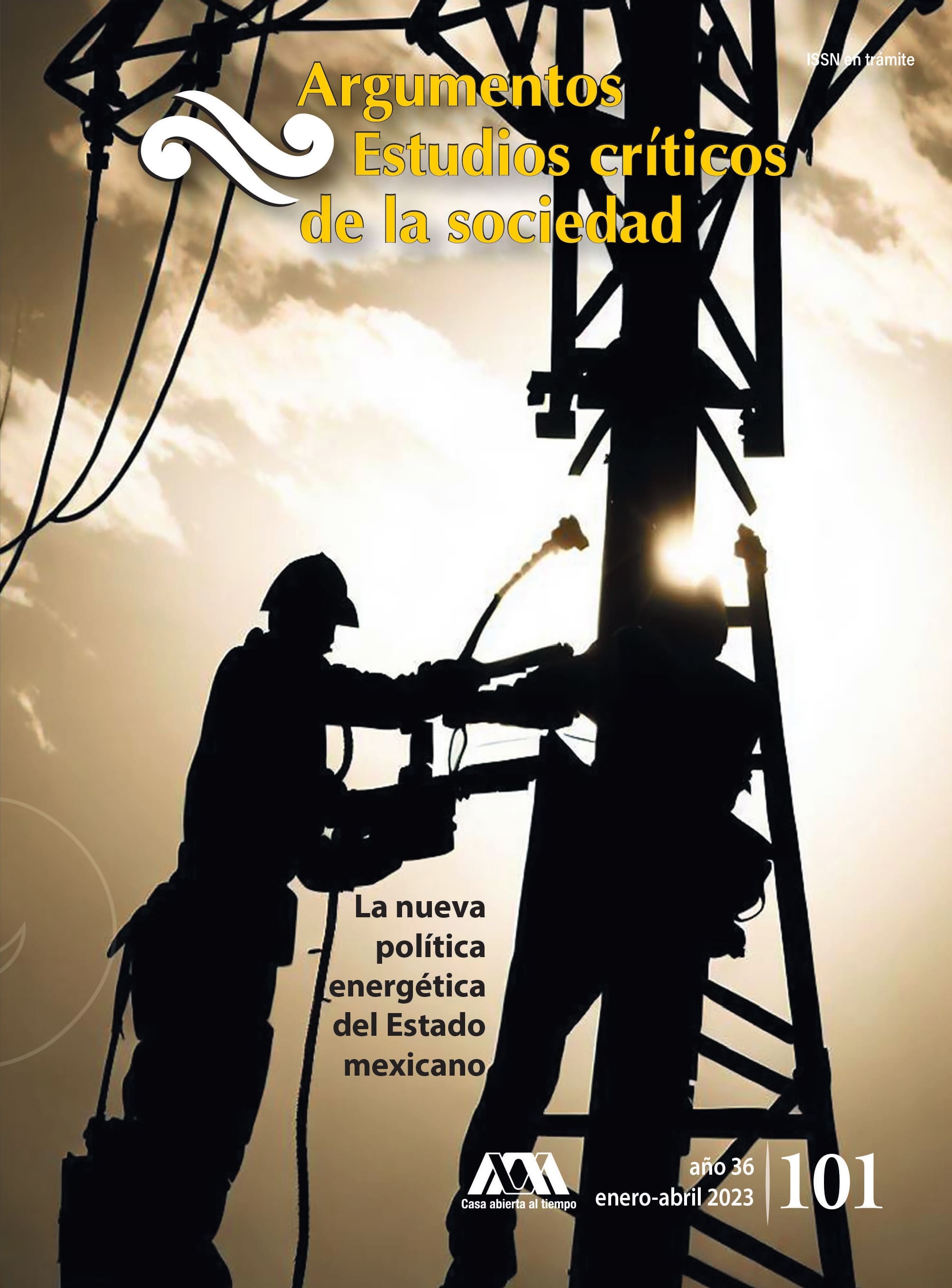The latin american university: towards the construction of a renewed agenda
Autonomy, democratization and research in the 21st century
DOI:
https://doi.org/10.24275//uamxoc-dcsh/argumentos/2022100-01Keywords:
higher education, university, research, Latin America and the CaribbeanAbstract
Within the backdrop of the legacy of reformism, inspired by the Cordoba revolt in 1918, the trajectories of Latin American universities show variations. Both, instabilities of the region and the predominance of a university focused on teaching, delayed (decelerate) the development of research as a substantive university activity. In the 1990s, under the influence of the Washington Consensus, governments restricted university funding basis and fragmented its operation. Today, universities face a double challenge: to universalize the right to higher education (HE) and to erect endogenous research platforms. The simultaneity of both is typical in the region and requires thinking of HE as a system. In the ability to meet these demands, lies the possibility for public universities to constitute a central link to promote social welfare in this century.








